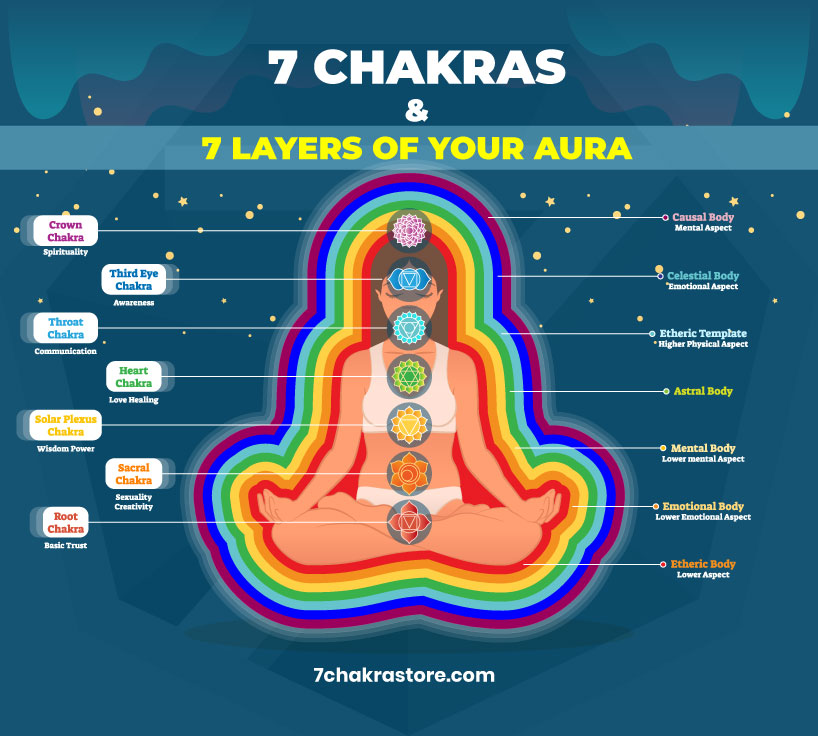
So the next time you feel good about yourself, speak kindly, observe moments of self-judgement, give yourself another chance: that’s a karmic boost. Karma doesn’t hand out rewards or punishments, it’s an energetic exchange that is created, powered, and contained by the Self. It’s important to understand the root meaning of familiar Eastern principles like karma, so that we don’t perpetuate an unfounded belief system that victimizes our psyche and our souls. If your friend walks around saying “I’m doomed,” she is not simply condemning herself, she is repeating a familiar, negative thought pattern that can wreak havoc on her present and future decisions.

It is so easy to confuse karma as “I cut someone off in traffic two years ago, so that’s why this bad thing is now occurring,” when it’s really “my thoughts, feelings, and words fuel my actions, thus feeding the karmic cycle of life.” If karma is action, and the yogic path relies on karma, then our yoga is an active work in progress a co-creator with the universe. We see any mistakes we make as bad and faulty-then we label our own being as bad and faulty. We cling to our work and our duty in fact, we allow them to define our worth. These definitions have been tainted by our Westernized culture built on guilt, shame, and hustle mentality. Karma Marga, The Path of Action, is understood as an active yogi’s realization through his/her own divinity through work and duty. See also: Introduction to the Bhagavad Gita with Anusha Wijeyakumar This equipoise is called Yoga.” ( Bhagavad Gita) Never let the fruits of action be your motive and never cease to work…Be not affected by success or failure. Karma Yoga is Yoga by Action, and is clearly defined in the Bhagavad Gita by Lord Krishna: “Work alone is your privilege, never the fruits thereof. Often, we get stuck on translating karma into event-based theory-doing good deeds and having positive thoughts- rather than seeing the larger, philosophical foundation on which it was built. See also: Seeing Eye to Eye: Comparing Yoga + Buddhist Traditions What karma is-and isn’t Basically, the “self” isn’t permanent, which means that karma isn’t permanent. These things are not the true “self”-they are how a personality is formed through interaction with the material world. Instead, Buddhism focuses on the five skandhas, or aggregates) that explain the common experiences of sentient beings: form, sensation, perception, thought, and consciousness. Buddha taught a doctrine called anatman-the idea that there is no soul, no self. In Hinduism, it is largely believed that the soul, purusha, survives death and is reborn into a new body, inheriting karma from a past life. The word karma is rooted Hinduism, but its understanding is derived from Buddhism (a branch of Hindu theology). Karma is the Sanskrit word for action, and action is what rules our lives. We’ve heard it a million times: “That’s karma!” and “What goes around comes around!” or my personal favorite, “Karma’s a bitch!” And while it has become a reliable belief system that good deeds, positive energy, and kind thoughts breed an easier, happier future, the idea that negativity means bad karma, a curse on our own lives, is a faulty one. Only if he succeeds on both of the first two saves is he entitled to a save against karmic aura.Heading out the door? Read this article on the new Outside+ app available now on iOS devices for members! If the first save succeeds, but the save against karmic backlash fails, he is treated as if he had failed his saves against both that spell and karmic aura. If that save fails, he is treated as if he had failed his saving throws against all three spells. He first attempts to save against karmic retribution. (Spell resistance still applies to each effect separately).įor example, suppose you have all three spells active when a foe strikes you. If he fails any of these saves, he is automatically fails any save against any lower-level spell of the set that you have active. If you have more than one of these spells active at once, the subject must save against each spell in descending order of spell level. Karmic aura, karmic backlash, and karmic retribution interact in an unusual fashion. An attacker already fatigued suffers no additional effect from this spell.

A successful Will save indicates that the attacker is unaffected and immune to the spell's effect until the start of your next turn, but must save again if he damages you after that point.

While this spell is in effect, any creature within range that deals damage to you with an attack, spell, or other effect becomes fatigued for 3 rounds. You feel the currents of fate flow through you, tugging on the strings of chance.


 0 kommentar(er)
0 kommentar(er)
